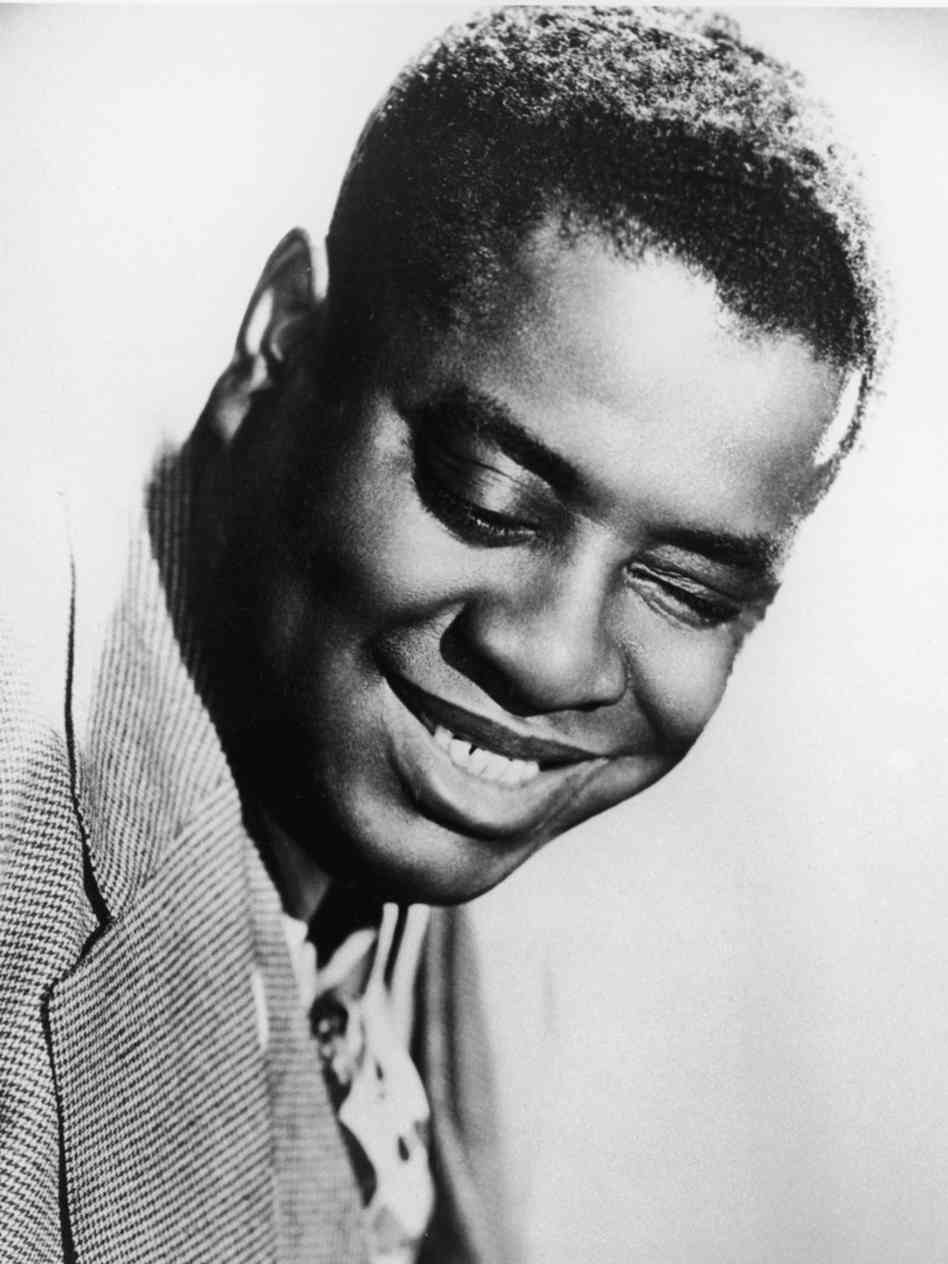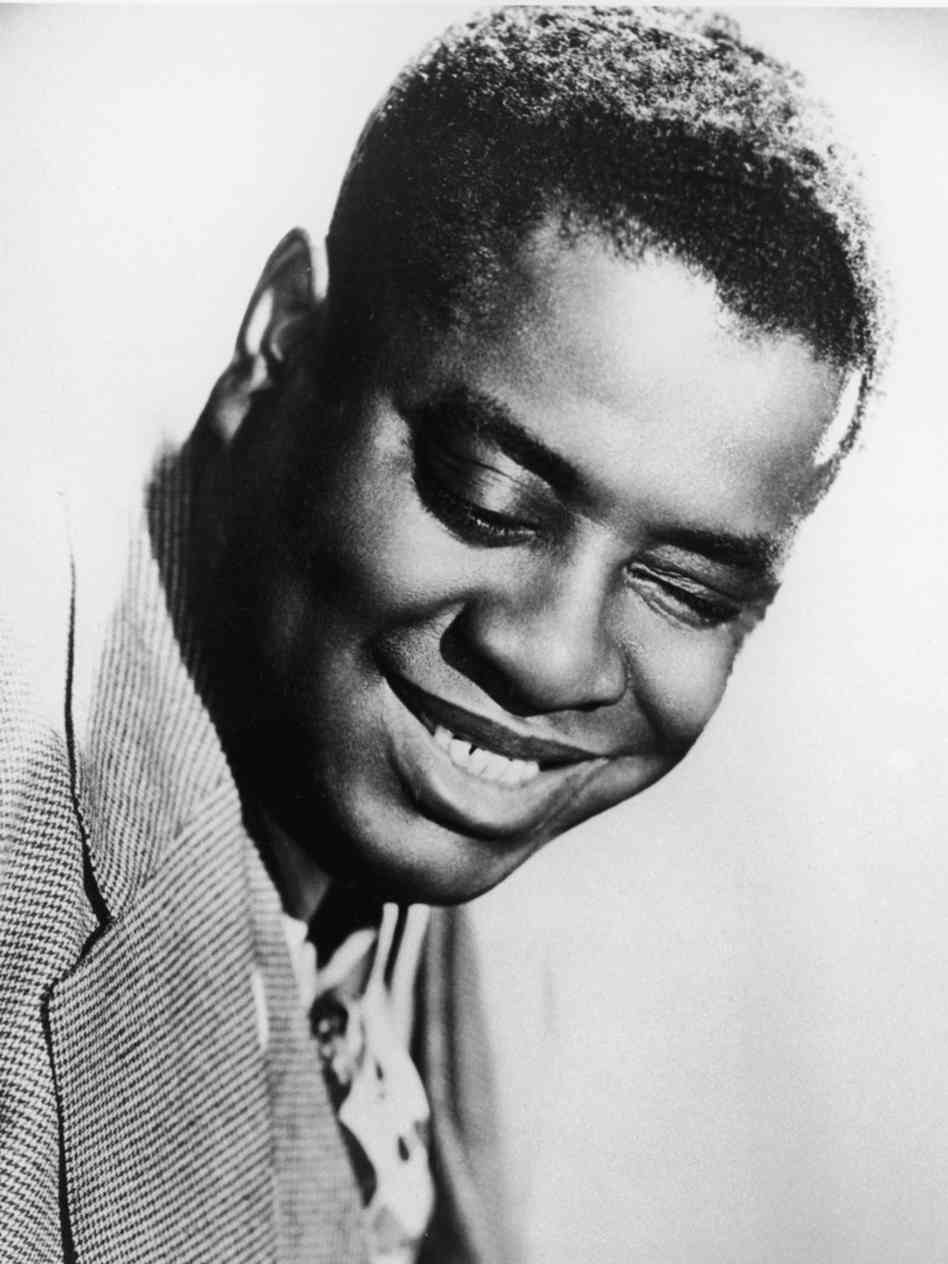

Tatum is widely acknowledged as a virtuoso and one of the greatest jazz pianists of all time, and was a major influence on later generations of jazz pianists. He was hailed for the technical proficiency of his performances, which set a new standard for jazz piano virtuosity. Critic Scott Yanow wrote, “Tatum’s quick reflexes and boundless imagination kept his improvisations filled with fresh (and sometimes futuristic) ideas that put him way ahead of his contemporaries.”
Tea for Two
From infancy he suffered from cataracts (of disputed cause) which left him blind in one eye and with only very limited vision in the other. A child with perfect pitch, Tatum learned to play by ear, picking out church hymns by the age of three, learning tunes from the radio and copying piano roll recordings his mother owned. In a Voice of America interview, he denied the widespread rumor that he learned to play by copying piano roll recordings made by two pianists. He developed a very fast playing style, without losing accuracy. As a child he was also very sensitive to the piano’s intonation and insisted it be tuned often. While playing piano was the most obvious application of his mental and physical skills, he also had an encyclopedic memory for Major League Baseball statistics.
Tiger Rag
Tatum posthumously received the Grammy Lifetime Achievement Award in 1989. Numerous stories exist about other musicians’ respect for Tatum. Perhaps the most famous is the story about the time Tatum walked into a club where Fats Waller was playing, and Waller stepped away from the piano bench to make way for Tatum, announcing, “I only play the piano, but tonight God is in the house.” Fats Waller’s son confirmed the statement.
Ain’t Misbehavin
